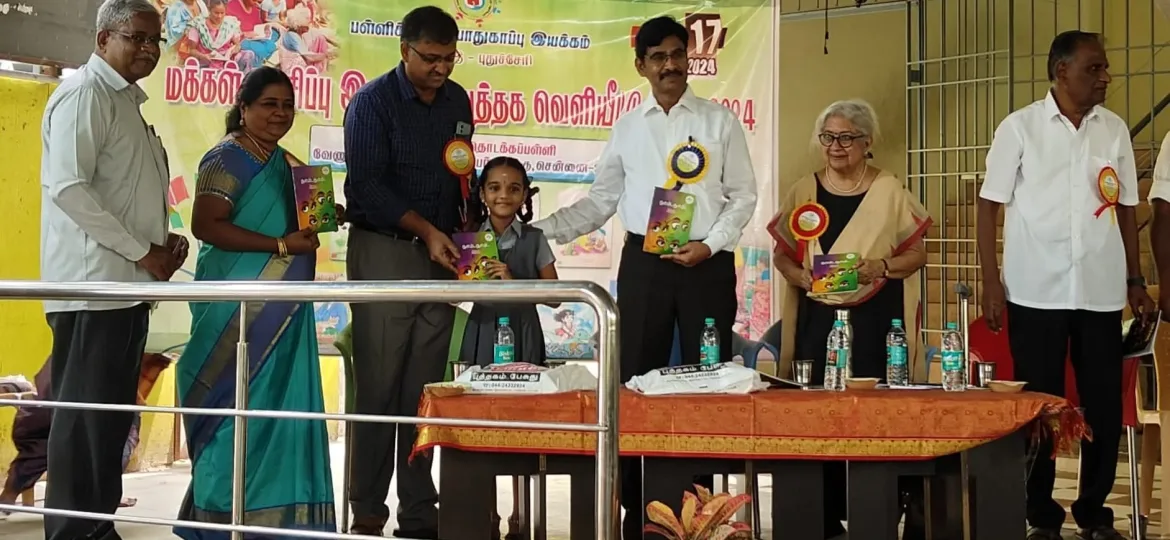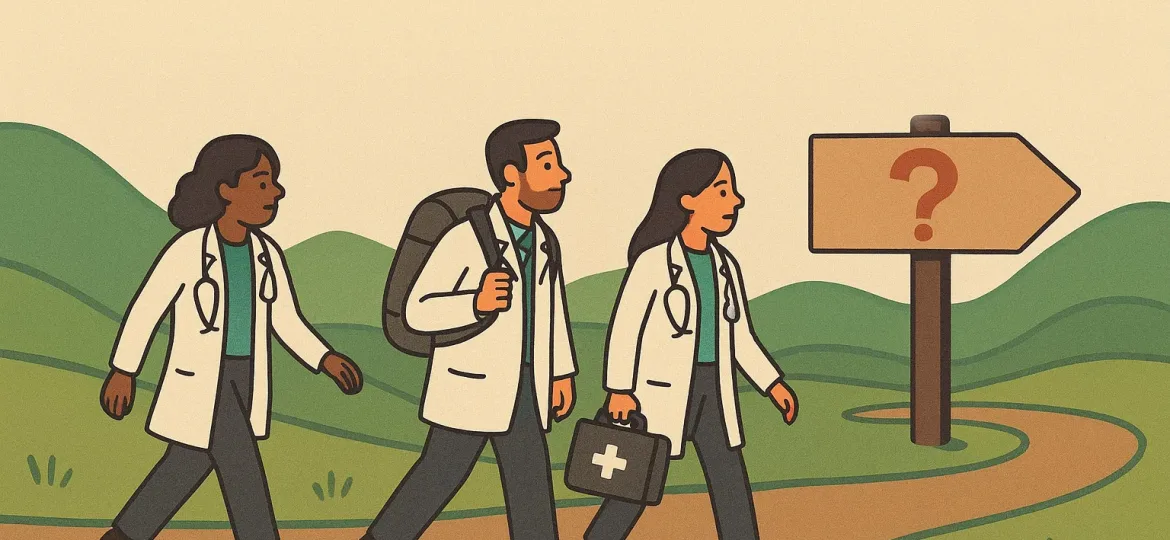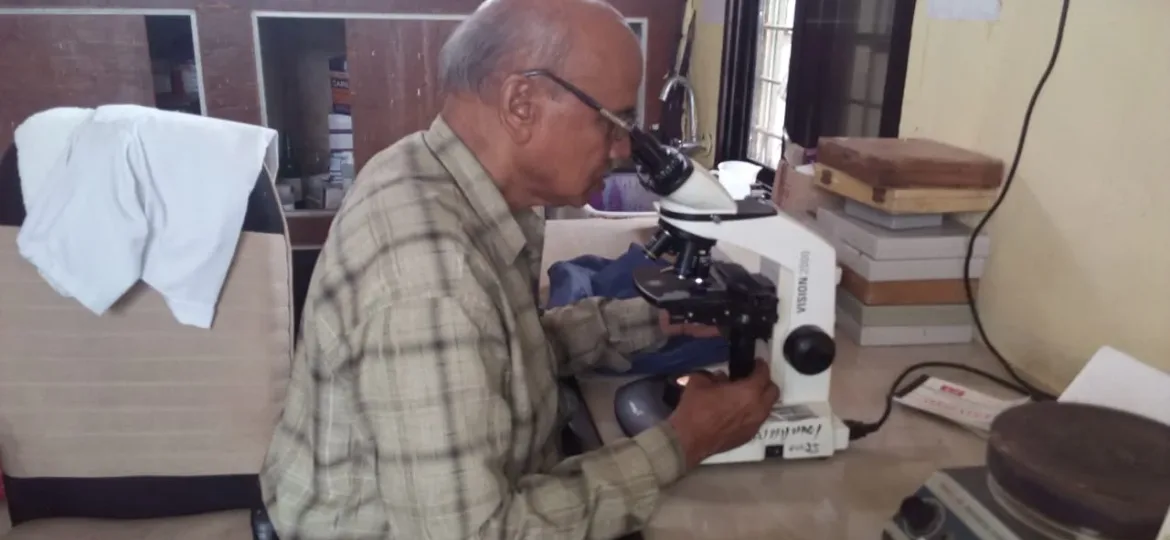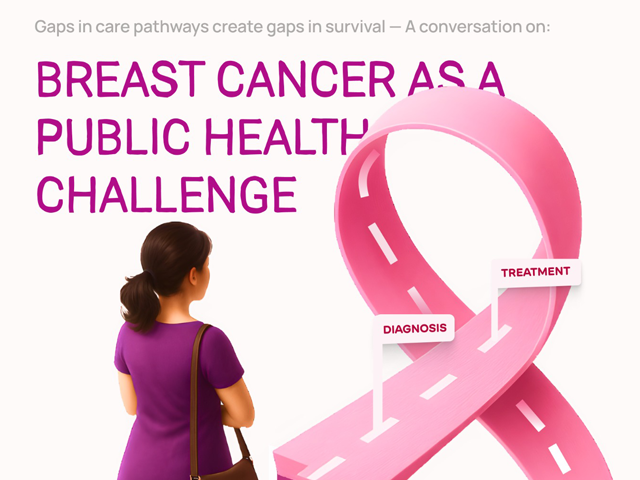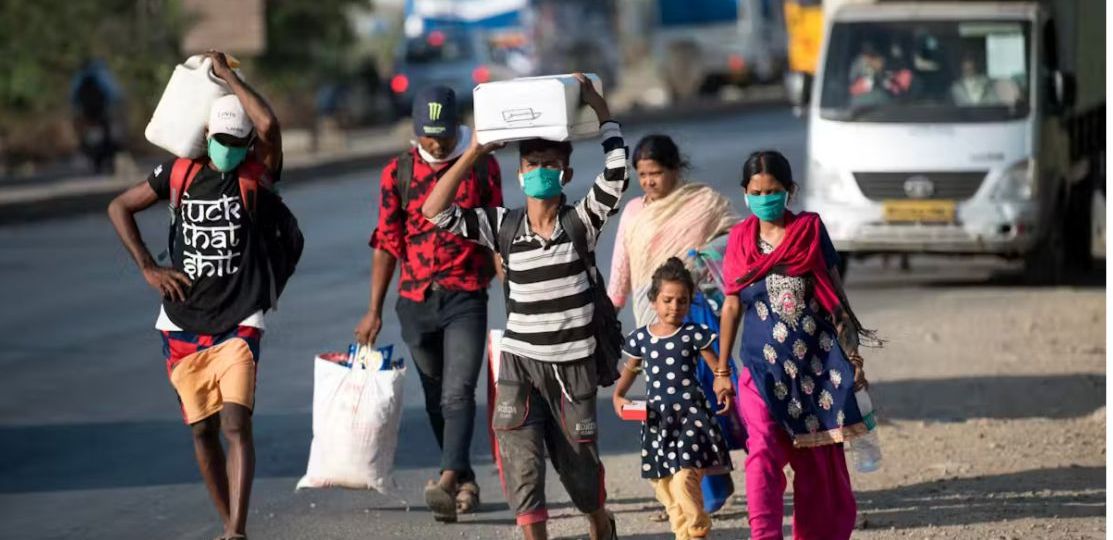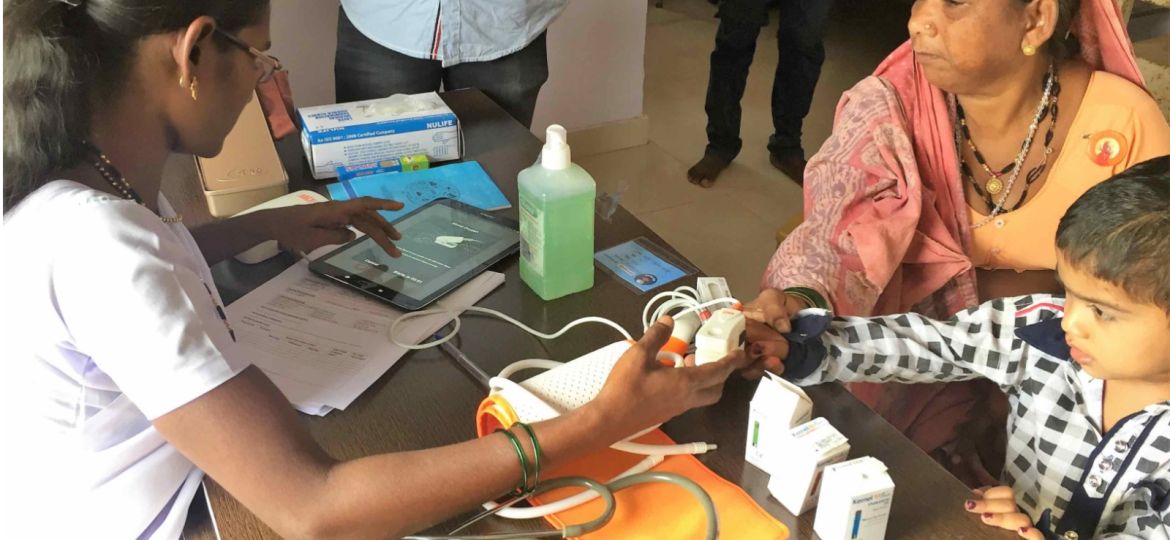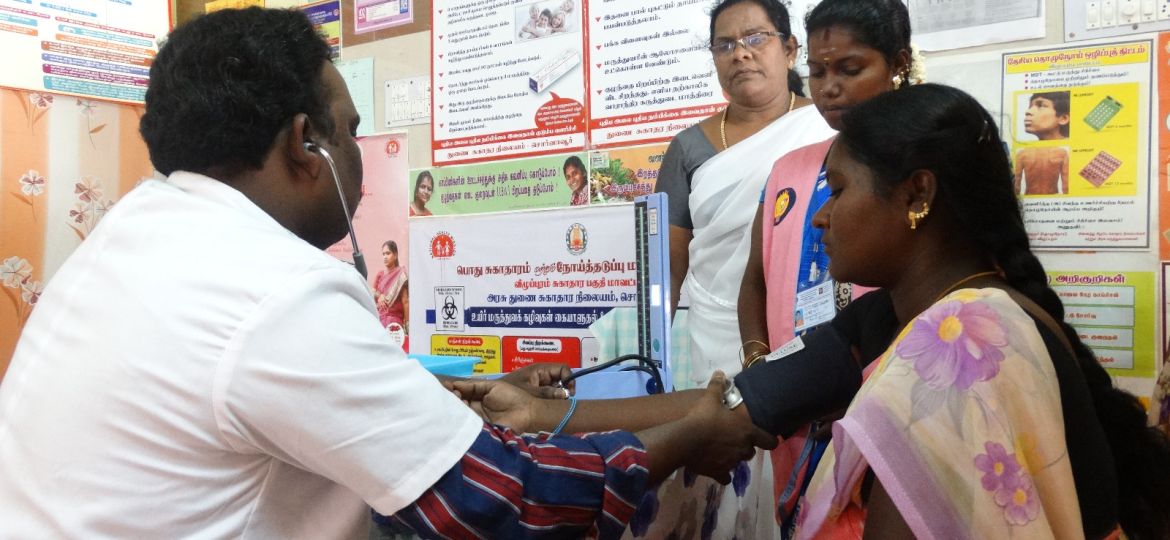The right to education is under threat as government schools face problems due to under-funding, poor morale and passive privatisation. However as we see from this conversation there is much that civil society can do to resist and reverse these trends. The experience of the Save School Education Movement in Tamil Nadu ( called the PKPI) has important lessons for those working to strengthen public health services and indeed all public services.
Conversations on Health Policy
Public Health Acts enforced by a cadre of public health officers , are one of the more effective approaches to addressing the social determinants of health and ensuring the Right-to -Health, as different from only the right-to health care. Surprising then that there has been so little reviews or research or conversation in either civil society, academics or public administration on this invaluable long-standing experience of the Tamil Nadu Public Health Act. And this is worrying because this remarkable institution is in danger of getting undermined and lost even before its immense value to society is recognised. In this 27th conversation of our series we take you through an understanding of what we know of this law, the great potential it has, its weaknesses and the threats it is facing.
The number of Indian students going abroad to complete medical studies and then returning to India has now become a flood. Almost one in three of Indias medical graduates are FMGs- foreign medical graduates! About 27,000 every year! But few know of the full story of the tortuous journey they undertake and the uncertain future they face. Why is this so? For both protecting their interests and that of public health; policy makers need to act!!
Despite the many declarations of elimination, leprosy persists as a significant public health problem whose contribution to suffering and disability is seriously underestimated . In this conversation, three public health practitioners with decades of engagement with leprosy control at both field and policy levels and who are still engaged with its management on a day to day basis, reflect on why active transmission of the disease persists; why disabilities continue to emerge even after cure and on the options for the way forward —beyond the rhetoric of elimination.
India’s incidence of breast cancer may be less than in developed countries, but its mortality is much more. In adult women of the 30 to 69 age group, this is now one of the top two or three causes of mortality. The introduction in 2017, of universal screening for breast cancer as part of public provision of comprehensive primary health care was a huge and highly welcome step forward. Eight years later, we take stock of where we have reached in implementing this policy and the challenges being faced, and why our understanding of primary health care needs to go far beyond what we offer as primary level health services.
After arduous and prolonged negotiations, a global Pandemic Agreement has finally been adopted at the 78th World Health Assembly. But is this Agreement good enough to avert another pandemic catastrophe? In this conversation we invite Prof. Biswajit Dhar, to help us understand the public health implications of the Agreement in the context of the non-participation of the USA, the weaponisation of tariffs and a changing global economic order. And on what developing countries need to do further…
Despite several recent policy initiatives, access to essential diagnostics remains inadequate across many facilities. As a result, patients continue to face out-of-pocket expenses : time delays and inappropriate care due to limited diagnostic availability in public facilities. In this conversation, we examine the barriers and the lessons learnt from existing models including the PPPs and explore strategies for improvement.
Increasing reports of poor quality of medicines manufactured in India, whether as exports or for domestic consumption, are a matter of great concern. But this crisis should not become an excuse for strengthening corporate monopoly and excessive centralization. In this conversation, we discuss the why and how of designing a regulatory regime in India, that can guarantee quality medicines without any compromise to affordability or public health, not only for India, but for the entire third world.
Private practice by government doctors is wide-spread, but far from universal. Further, even in places where it is allowed, the consequences due to the inevitable conflict of interests varies widely. Ongoing efforts towards mitigation also create differential impact. In this conversation we examine the justifications advanced and the principles that could guide public policy in this regard. We further discuss the various scenarios, and what we can learn from these different scenarios to chart our way forward.


